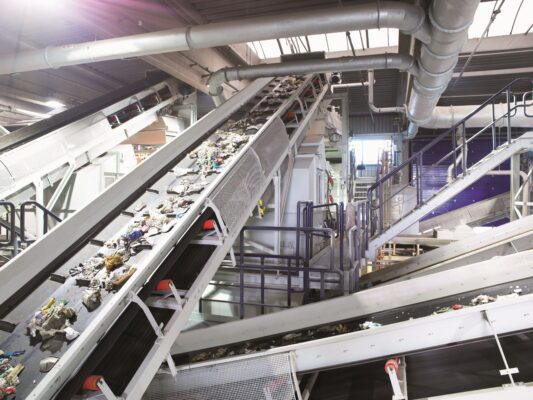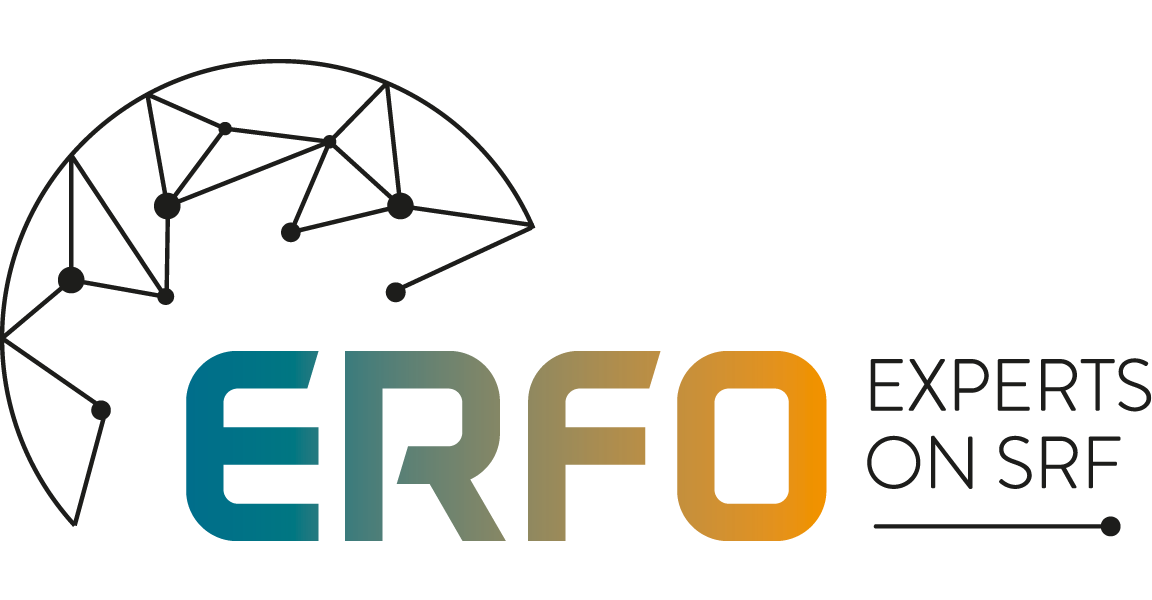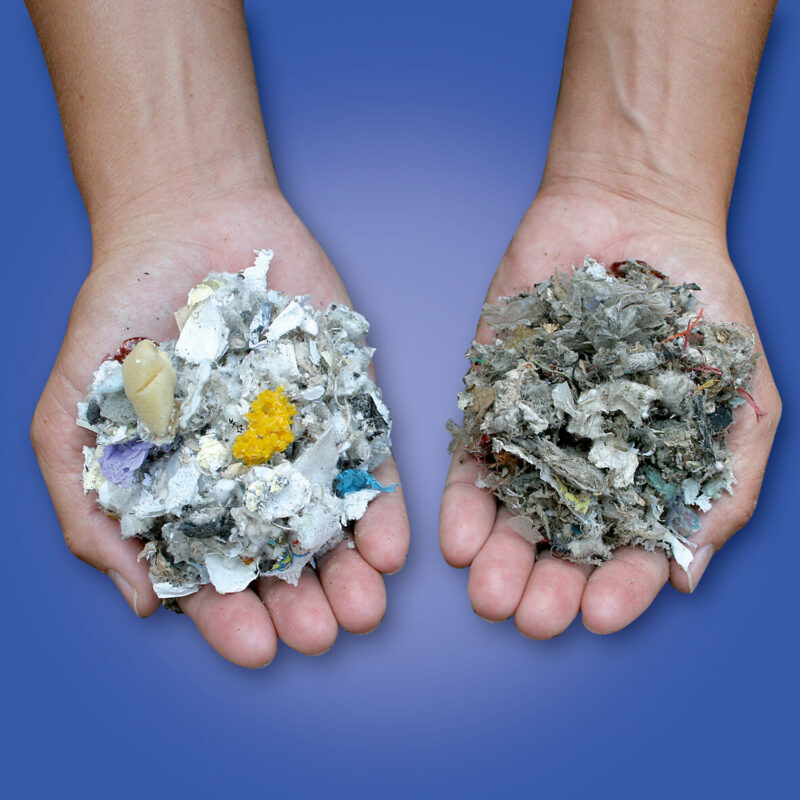Solid Covered Fuel-production by Remondis
Solid Recovered Fuel (SRF) is the perfect link between optimum recycling of waste and optimum energy recovery. The essence of the SRF concept is that fuels can be derived from non-hazardous waste of which the quality is exactly known. A good example of the use of standards is given by ERFO member Remondis. In its facilities in Erftstadt, Germany, it can produce three distinctive groups of SRF. Using innovative solutions the quality of fuels is analysed in-line. The case of Erftstadt makes clear that a good combination of recycling, production of SRF and incineration of residues can be achieved. The overall approach generates more CO2-savings than alternatives. The CO2-savings are dominated by the production of SRF but also due to recycling of Fe-/NF-metals, plastic and glass as well as energy recover of the residues. The case of Erftstadt highlights that SRF is a driver for CO2-reduction.
For more detailed information on the Remondis case download this file:
Solid Covered Fuel-production by Remondis and SRF-standardization


